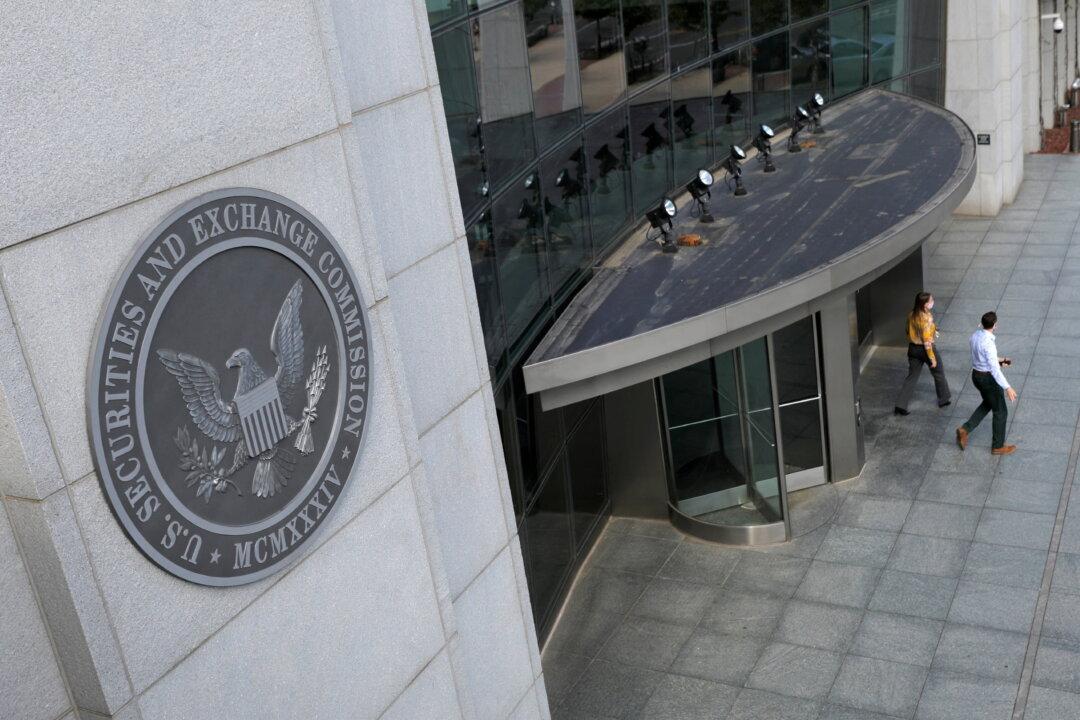The U.S. Securities and Exchange Commission (SEC) has charged 11 individuals for creating a crypto pyramid and Ponzi scheme that raked in over $300 million from millions of global investors, including those from the United States.
In January 2020, Mikhail Sergeev, Sergey Maslakov, and “Jane Doe,” also known as Lola Ferrari, launched the website Forsage.io, which allowed retail investors to carry out transactions using smart contracts that operated on the Binance, Tron, and Ethereum blockchains. Investors made profits by recruiting more people into this scheme, with Forsage using assets from new investors to pay older investors.





